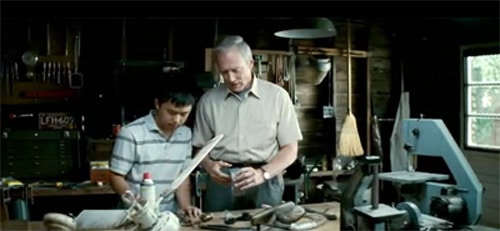Coldkennels
Barnack-toting Brit.
This is basically what I'm thinking. The battery and hard drive both need replacing, and the case is notoriously difficult to open (I did it once on an iPod that later became totally unrepairable), so I'm weighing up the options. For instance, I could upgrade it to use Bluetooth headphones and run off a regular SD card in the process. That's one pretty great thing about owning items - digital or otherwise - that develop cult status: aftermarket mods down the line open up new options long after official support is long-gone. Maybe the same will happen with the M9, M240, and so on... who knows.As for your iPod, did you know that people are upgrading old iPods with huge solid state drives and non-Apple OS? It's pretty awesome.
That is precisely my point that you apparently totally missed; "fewer moving parts means fewer broken pieces". I'm all for the right to repair but as things get more and more complex it becomes more and more infeasible. At some point, we have to ask if the trade-off is worth it.A 1970's record player is a belt, a platter and an electric motor. Come on, comparing that to the intricacies of a CD player?
Look at camera lenses; I know how much you love your Amotal and your Sonnars. They're basic glass-and-metal constructions, easy to repair, easy to modify, easy to calibrate, easy to adapt to new systems. Providing you don't drop and smash them, they'll be useable for the next hundred years (and even if they are smashed, someone might step up and make a whole new element for them). On the other hand, I doubt the first Fuji X lens I bought, a focus-by-wire aperture-control-by-electronics-only 27mm f/2.8, will still be usable in even 20 years' time. Sure, by most people's standards it's more "convenient" to use than your Amotal, but I don't think it's optically better in any way. We've traded longevity and ease of repair for short-term "convenience" and low price. Ten years ago, I thought that was just the cost of "progress". Now I'm not so sure.
I never said I don't like the M9. I've never owned one because the cost/benefit analysis didn't line up for me, but I wouldn't say the M9 was a "bad" camera. I save that title for the Pixii. 😉The M9 is a good camera. [...] It's fine that you do not like them.




